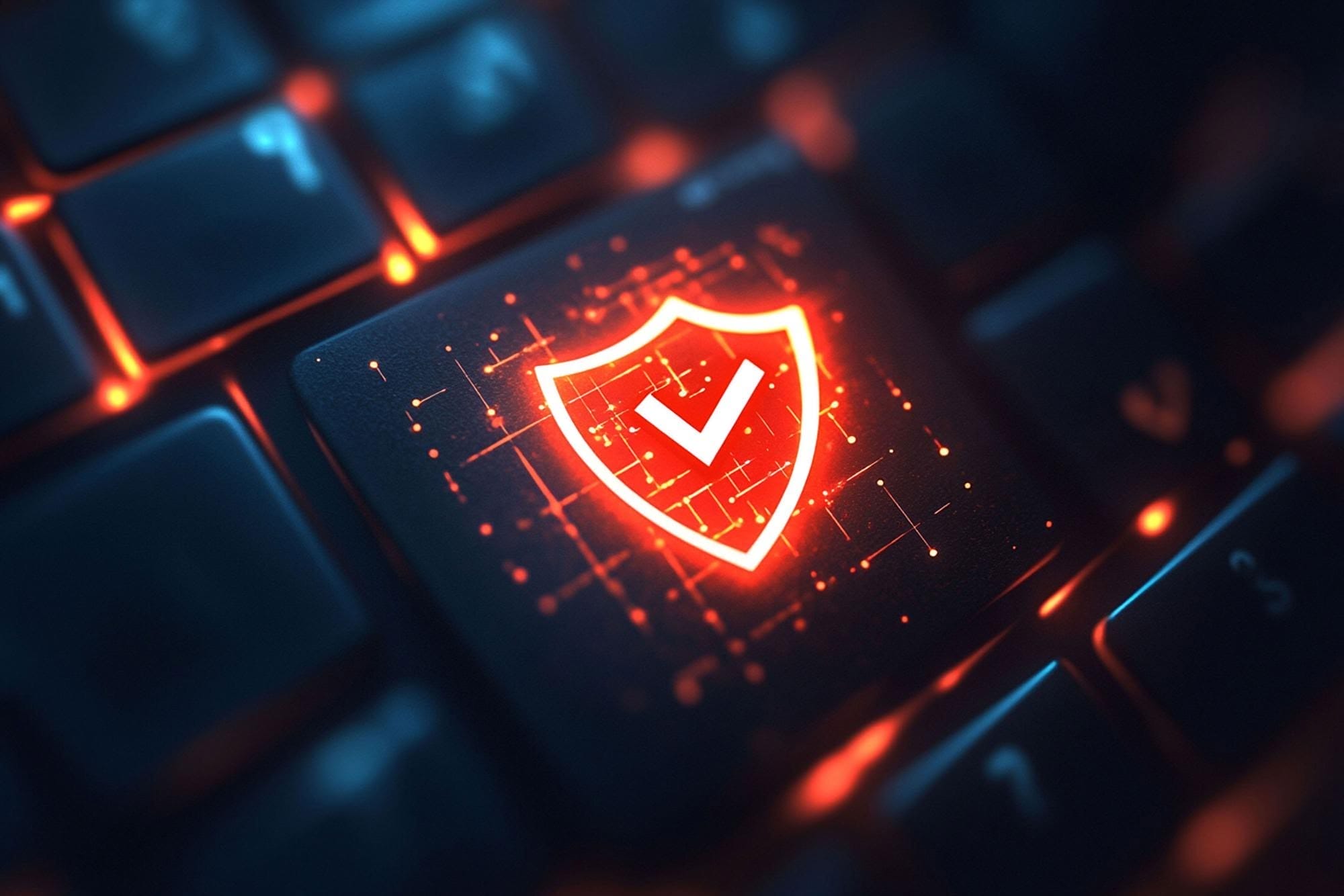The importance of safeguarding personal and organizational data in the current digital age cannot be overstated. With the advancement of cyber threats and increased global digital space, there is a need for privacy laws as well as cyber security measures that can combine to enhance the protection of confidential data. Understanding how these two domains intersect is key to building resilient systems and safeguarding individuals’ privacy while mitigating the risks of cyber threats.
The Rise of Privacy Laws: A Global Effort to Protect Data


Privacy laws protecting personal data have become more important over the last ten years. Today, governments worldwide are forced to introduce legislation that would regulate the gathering, storage, and use of any individual’s information to an increase in data breaches.
One of the most far-reaching data privacy laws that influence global regulations was the General Data Protection Regulation (GDPR) enacted by the European Union in 2018. Also, individual rights are protected at the state level; for instance, there is the California Consumer Privacy Act (CCPA), which enhances the level of control that people have over their data. Such regulations have been put in place to make sure that organizations will process individuals’ data with care and openness. These laws aim to ensure that organizations handle personal data responsibly and transparently, requiring clear consent and the right to access or delete information.
For those interested in staying updated on best practices and emerging trends in cybersecurity, the
Organizations may improve their comprehension of emerging cyber threats and appropriate mitigation approaches through such security research blogs.
Cybersecurity: The Frontline Defense Against Data Breaches
Legal and administrative measures form the basis of data protection laws, which are meant to prevent unauthorized individuals or hackers from getting hold of potentially harmful information. Nevertheless, cybersecurity includes an important technical aspect that helps protect against theft, espionage, and other cybercrimes. This consists of multiple techniques like encryption, firewalls, MFA, and threat intelligence systems.
The significance of cybersecurity has increased due to the rising number and complexity of cybercrimes. Cybercriminals target organizations of all sizes to exploit vulnerabilities, often leading to massive data breaches that compromise customer privacy and business integrity.
How Privacy Laws Influence Cybersecurity Practices
Although it is complicated, the relationship between privacy legislation and cyber security cannot be ignored. Organizations are generally required by these laws to…

